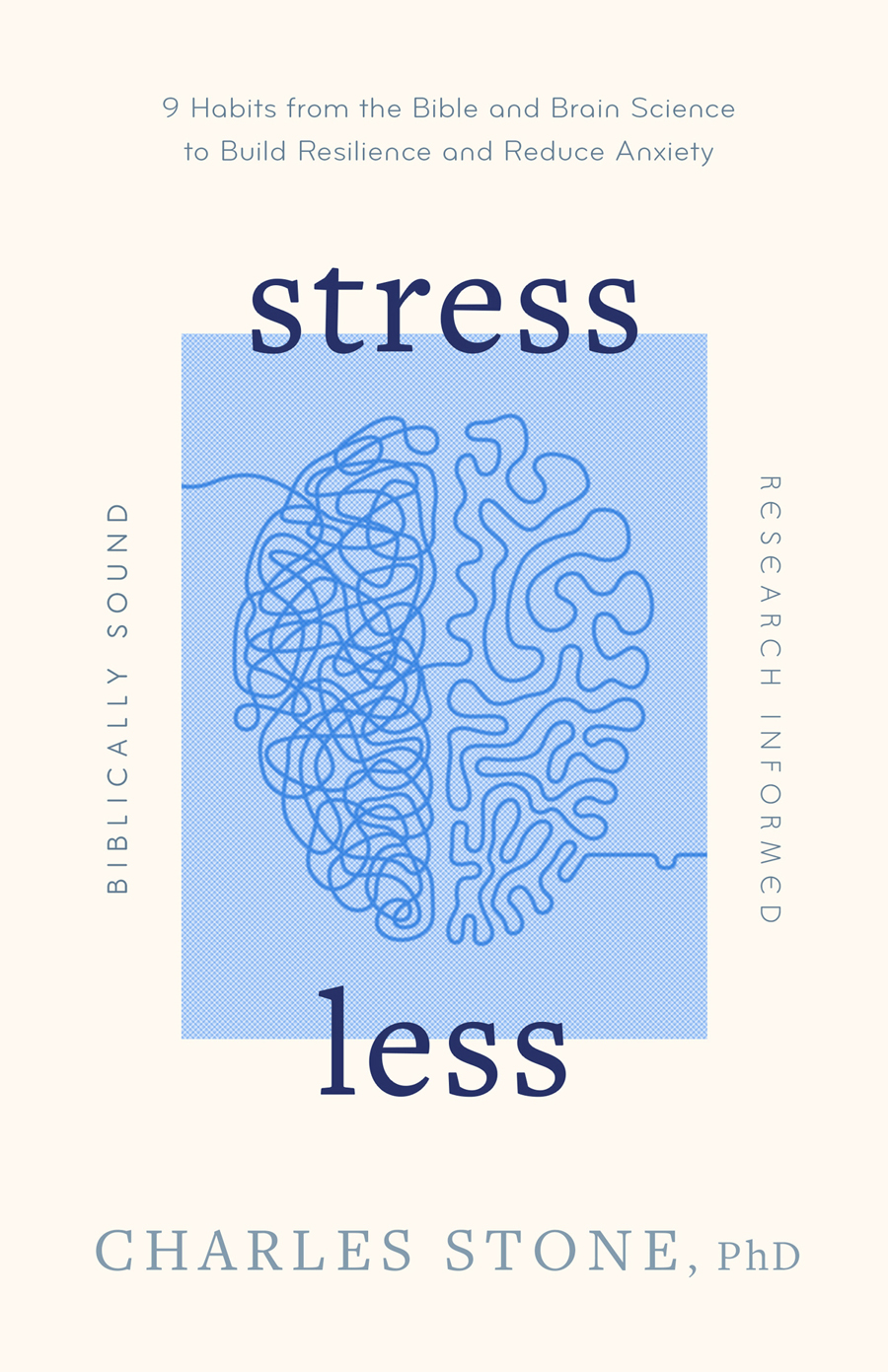Leader’s need healthy brains. Whether you are a pastor, a leader in a non-profit, or work in a business, without a healthy brain, you won’t lead at your best. My friend Brian Cygan is one of the most knowledgeable guys around when it comes to the impact of exercise on brain health. He is the Co-founder and CEO of The Exercise Coach, a tech-enabled personal training franchise with scores of locations nationwide. With a bachelor’s degree in Fitness Leadership from Northern Illinois University he leverages his 16 years in the fitness industry to apply brain-based insights to life and business leadership. He’s my guest blogger this week. You’ll enjoy his fitness based brain insights.
According to John Ratey MD, “Exercise is the single most powerful tool you have to optimize your brain function.”
Ratey knows a thing or two about the brain. He is a Clinical Professor of Psychiatry at Harvard Medical School and the author of Spark, The New Science of Exercise and the Brain. It’s generally accepted that exercise is good for your body, but recent findings reveal that its every bit as crucial for the health of your brain.
The question is, “What kind of exercise?” While the study of exercise and the brain is relatively nascent some interesting findings are starting to emerge. Maybe the most interesting is that a number of brain-beneficial exercise effects are intensity-dependent. In other words, these findings suggest that to build your best brain you have to make your muscles burn. When you push your muscles, with resistance training and interval training, your body produces health and repair promoting protein combinations that aren’t nearly as responsive to leisurely activity. Here are just a few:
- Human Growth Hormone (HGH): This rejuvenating (and fat-burning) hormone is elevated after muscle-burning effort and in addition to its muscle building properties it is believed to increase brain volume, balance neurotransmitters and amplify the effects of other “growth-factors.”
- Brain-derived neurotrophic factor (BDNF): Known as miracle grow for the brain this substance is promotes the growth and strength of neuronal connections and well as protects neurons (brain cells) against the natural process of cell death. Research also indicates that BDNF levels in humans are significantly elevated in response to exercise and the magnitude of increase is exercise intensity dependent.
- Atrial natriuretic peptie (ANP): This recently discovered hormone is produced by muscle tissue in the heart and is known to have an anxiolytic (Anti-anxiety) effect. The harder your work the higher your ANP goes. ANP not only keeps your heart rate in check but also calms the stress response regions of your brain. When you stop exercising your ANP stays elevated for some time leaving you feeling more relaxed. Over time this helps to make your more resilient to stressful situations.
- Vascular endothelial growth factor (VegF): During high-effort exercise our body’s ability to oxygenate cells throughout our body is temporarily disrupted. This triggers VegF production. VegF is a hormone that builds new capillaries in the body and brain. VegF is also believed to enhance the uptake of other hormones and factors during exercise by changing the permeability of the blood brain barrier.
When you push your body you push your brain. If you want to protect your memory, blood-flow to your brain, and sharpness as you age, you have to “go for the burn.” Fortunately, at higher-effort levels time requirements are dramatically reduced. In fact, in just 5-20 minutes you can perform muscular work that makes a difference. Start by adding “effort intervals” to your regimen. An effort interval is simply a timed burst of exertion. Your intervals should be no more than 10-15 seconds and you should start with just one or two of these spaced by 45 seconds or more. Believe it or not, according to research, these 30 seconds might be worth as much as 30-minutes of taking it easy. That’s a lot of brain-bang for your buck.
Related posts:



Pingback: 9 Ways to Boost Brain Power - Guest Post by Dr. Charles Stone - Jesus Smart